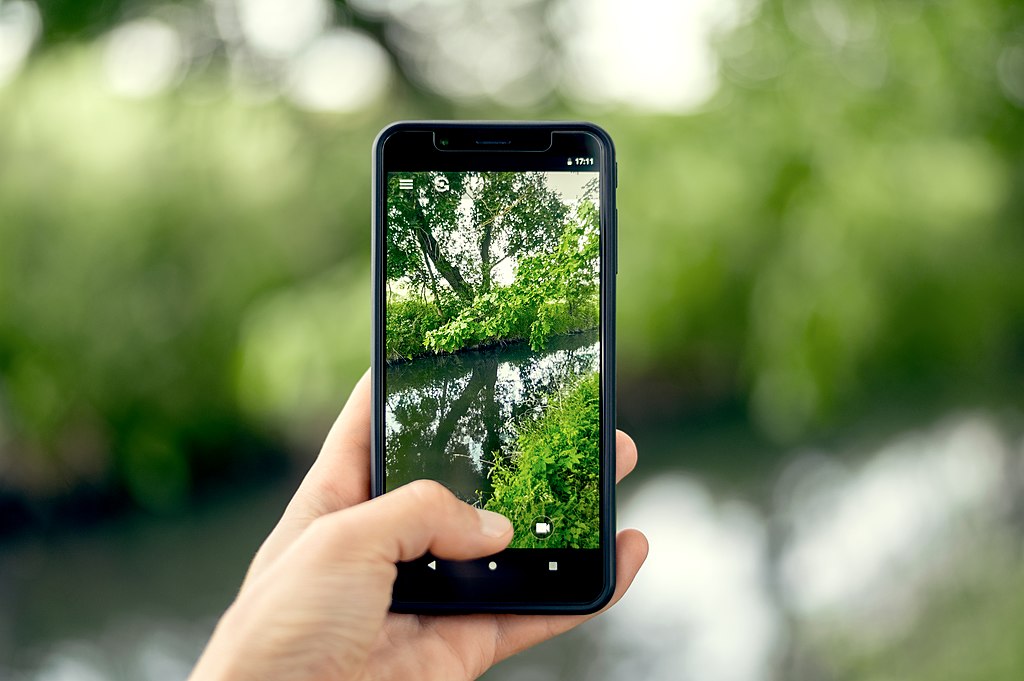COVID-19 forever changed mental health care. The various impacts of the global pandemic have increased worry among people in pursuit of relief. As inflation rates soar and industry-wide shortages have only furthered societal stress, there are people turning their attention to application-based solutions for their mental health treatment.
Telehealth usage skyrocketed in popularity near the start of COVID-19 from 2019 into present day. New viral strains continue popping up and have made transitioning back to pre-pandemic life harder to fathom, no matter the age group.
However, there are other ways to seek treatment without leaving the comfort of your own home. But, if you’re more on the go and need a quick affirmation or pick-me-up, you’re a text message or a one-on-one video session away from making that a reality.
Conventional therapy is such that a stigma is still associated when seeking treatment, particularly with the ill effects and persistence of the pandemic along with subsequent worries that stem from volatile world events. This has left many young people seeking more discreet and accessible means of receiving alternative assistance.
Dr. Neha Jain, who specializes in mood and anxiety disorders and is a faculty member at the University of Connecticut’s (UConn Health) psychiatry department says that while there is a “rapid proliferation” in the app-based field, “new apps on the market are far outpacing both research and regulations.”
This, according to the doctor, can muddy the perception of effectiveness when it comes to these newer treatment methods.
“App-based mental health treatment is a wide umbrella term that may include many different types of treatment, including apps that monitor symptoms and recommend DIY therapy techniques such as progressive muscle relaxation, and apps that may help you connect with a therapist,” Jain said.
Telehealth visits are on the uptick and the general response has been positive according to experts, who see remote treatment with an established provider benefiting those patients who have already connected with a mental health physician.
“Most app-based treatments do not involve meeting with a clinician,” Jain said. “They may be based more on symptom monitoring and providing therapeutic techniques for patients to practice when symptoms go above a threshold.”
“Some apps may simply collect data to provide to your personal physician, like your sleep or activity data. Other apps may involve seeing a therapist who you never actually see in person, because they are located in another state,” Jain added.
Traditional counseling seems to be more trusted among older patients who continue to value this treatment method that’s proven popular and effective for generations.
However, there are a growing number of teens and young adults who seek alternate forms of therapy that’s more easily accessible via an application that can be downloaded to their mobile devices.
Those individuals that are more open to the adoption of new technology will often turn to their phones and various mobile devices, such as tablets and wearable tech for ease and comfort.
However, no state in the U.S. is created equal. There are a number of them that make seeking mental health treatment extremely difficult and those that suffer from a number of varying ailments have a lack of options when it comes to in-person therapy.
For example, Oregon, Wyoming and Colorado rank as the worst offenders when it comes to the number of mentally ill people living within those states and the lack of assistance available to them, according to Mental Health America (MHA), an online mental health resource, offering current and past data on the subject.
MHA also states that New Jersey, Wisconsin and Massachusetts rank at the top of the heap, where its’ residents receive the best care and where those adults suffering from Any Mental Illness (AMI) are more highly concentrated.
Therapy has come a long way and we as a society have seen the effectiveness of telehealth, which had become the new normal for many and still has its place in mental health treatment. However, there are a number of companies that can facilitate positive mental attitude (PMA) and, typically, it’s the country’s youth that stand to benefit.
These platforms include, but are not limited to, Regain, Betterhealth and Pride Counseling, the latter of which is tailored specifically for the LGBTQ+ community. These digital resources are convenient and radically different from traditional in-person office visitations.
These various platforms and a number of others afford you the opportunity to match you with a licensed therapist of whom you can research and select. He or she should be qualified to meet your specific needs at the moment you need assistance most.
Additionally, if you’re someone who is curious about what alternative therapy can offer you, various platforms exist, and the perfect fit can be a simple click away.
Psychotherapy is not a homogenous, one-size-fits-all endeavor. There are different schools of thought and different approaches that may work better for you than others, according to Best Online Therapy Services, an organization that ranks the best alternative online therapy platforms.
Since the pandemic took hold over three years ago, telehealth medicine became the new normal for many therapists that were given the option to work from their homes rather than their places of work. This too, has been well-received by their clients.
This begs the question: Just how disruptive is app-based therapy to the overall traditional mental health treatment model?
“One of the biggest ways I think app-based therapy has the potential to disrupt the traditional model is through increasing access to care,” Jain said.
For most people the cost of therapy will generally end up being the same, regardless of what form it takes, whether that’s in-house, telehealth or app-based,” according to Jain, who also said that, “app-based therapies that do not involve seeing a therapist are usually less expensive but may or may not be covered by an individual’s insurance.”
Still, because app-based therapy solutions are a new platform for mental health treatment, it’s hard to say just how beneficial and cost-effective they may be. There are some studies looking at outcomes that have shown positive results, but doctors like Jain say that there is more research needed.
“Mental health services in particular are very hard to access these days, due to increased need, reduced supply, and many other constraints,” Jain said. “Apps can remove many of these constraints, and put therapy, or at least a form of it, in everyone’s pocket.”
This article first appeared in Innovation & Tech Today Vol. 8 Issue 3. Read the original article here.











